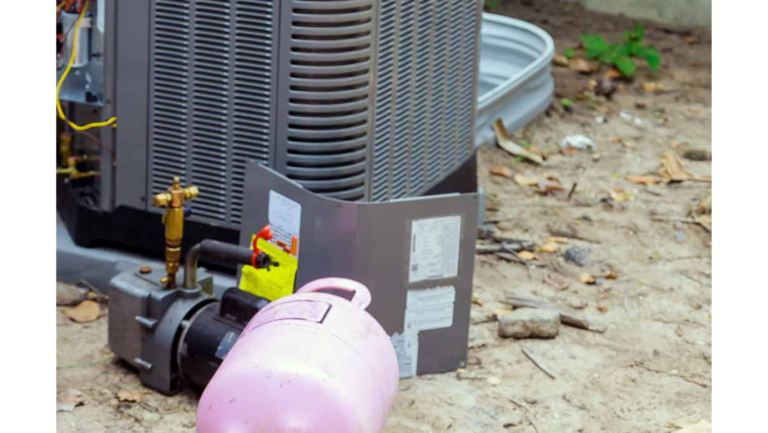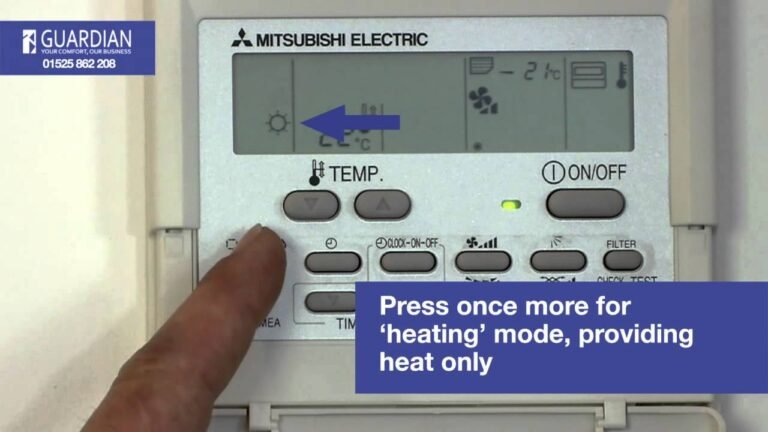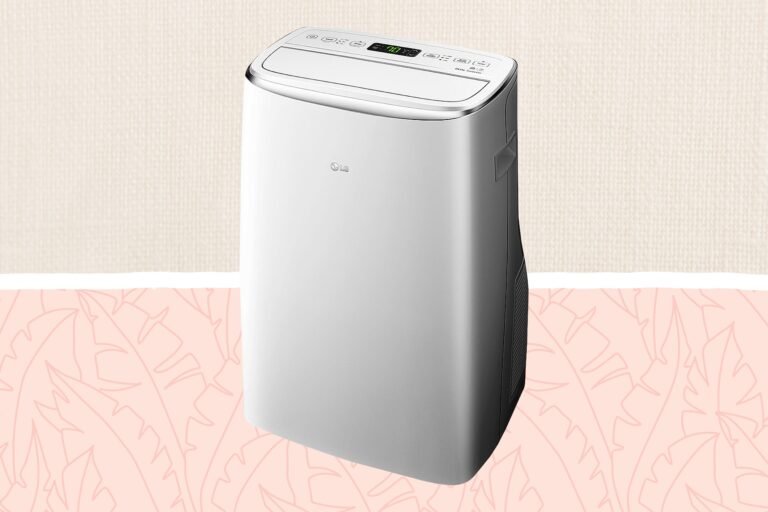Why Does My Air Conditioner Drip Water: The Surprising Culprits Revealed!
Your air conditioner may drip water due to a clogged condensate drain line or a faulty condensate pump.
1. Clogged Air Filter
One common reason why air conditioners drip water is due to a clogged air filter. A clogged air filter restricts airflow, causing the evaporator coil to freeze up, and when it melts, it drips water. It is important to regularly check and clean or replace the air filter to prevent water leakage. Identifying a clogged air filter is relatively easy – if you notice reduced airflow, weak cooling, or increased energy consumption, it may be a sign that your air filter needs attention. Regular maintenance, including cleaning or replacing the air filter, not only prevents water leakage but also improves the overall efficiency and lifespan of your air conditioner. By maintaining a clean air filter, you ensure proper airflow and reduce the risk of water dripping from your air conditioner.
2. Condensate Drain Line Issues
Condensate Drain Line Issues:
Understanding the function of the condensate drain line is crucial for maintaining your air conditioner’s performance. This drain line is responsible for removing the moisture that is extracted from the air during the cooling process. However, it can become clogged or damaged, leading to water dripping from your unit.
Potential problems with the condensate drain line:
- Blockage due to algae or debris buildup
- Cracked or disconnected drain line
- Frozen condensate line
DIY solutions for unclogging the condensate drain line:
If you notice water dripping from your air conditioner, there are a few steps you can take to address the issue:
- Inspect the drain line for any visible blockages and remove them if possible.
- Use a wet/dry vacuum to suction out any clogs in the line.
- Flush the drain line with a mixture of vinegar and water to remove algae or mold.
- Ensure that the drain line is properly connected and not cracked.
By addressing condensate drain line issues, you can prevent water damage to your air conditioner and maintain its efficiency.
3. Low Refrigerant Levels
Low refrigerant levels in an air conditioner can lead to water leakage. When the refrigerant level is low, the system is unable to extract moisture efficiently from the air, resulting in water buildup and subsequent dripping. Identifying symptoms of low refrigerant levels include decreased cooling performance, ice formation on the evaporator coil, and a hissing or bubbling sound coming from the refrigerant lines. It is important to seek professional assistance for refrigerant recharge to address this issue effectively. Professionals have the expertise and tools required to safely recharge the refrigerant to correct levels, ensuring optimal functioning of the air conditioner and preventing further water leakage. Regular maintenance and monitoring of refrigerant levels can help prevent this problem and maintain the efficiency of your air conditioner.

Credit: www.middletownpress.com
Frequently Asked Questions On Why Does My Air Conditioner Drip Water
Why Is My Air Conditioner Dripping Water?
When your air conditioner is operating, it removes moisture from the air, which collects as condensation on the cooling coils. This condensation is drained away through a pipe. If the drain pipe becomes clogged or damaged, it can cause water to drip from your air conditioner.
How Can I Prevent Water From Dripping From My Air Conditioner?
To prevent water from dripping from your air conditioner, make sure to regularly clean and maintain the unit. Keep the drain pipe clear of any obstructions and ensure it is properly connected. Additionally, consider having a professional inspect and service your air conditioner annually to prevent any issues.
What Should I Do If My Air Conditioner Is Dripping Water?
If your air conditioner is dripping water, there are a few steps you can take. First, check the drain pipe for any clogs or damage and clear or repair as needed. If the issue persists, contact a professional HVAC technician to diagnose and fix the problem.
Ignoring the issue can lead to further damage and inefficiency.
Conclusion
Understanding why your air conditioner drips water is crucial for maintaining its efficient performance. By addressing common causes such as clogged drain lines, refrigerant leaks, or improper installation, you can prevent further damage and ensure a comfortable living environment. Regular maintenance, including cleaning or replacing filters and scheduling professional inspections, will go a long way in preventing water leakage and prolonging the lifespan of your air conditioning system.
Stay proactive and take necessary steps to keep your AC running smoothly and efficiently.






